
Pin on Spirit
Shinrin-Yoku ( 森林浴) is a Japanese term that translates to "Forest Bathing" in English and involves spending free time wandering in nature. This therapeutic method was developed in the 1980s in Japan, and it was designed to enhance wellbeing, health, and joy. It's used widely in the country for purposes of preventative healthcare in.

The Forest Spirit Princess Mononoke Wallpaper (1920x1080) (266631)
Here's what he said: 林 (はやし): A small collection of trees. A small wood, a copse or a bunch of bushes. 森 (もり): A large wood/a small forest. This one is also meant to conjure up images of bigger, denser, deep green trees as opposed to small trees with light foliage..so generally speaking, 森 > 林.
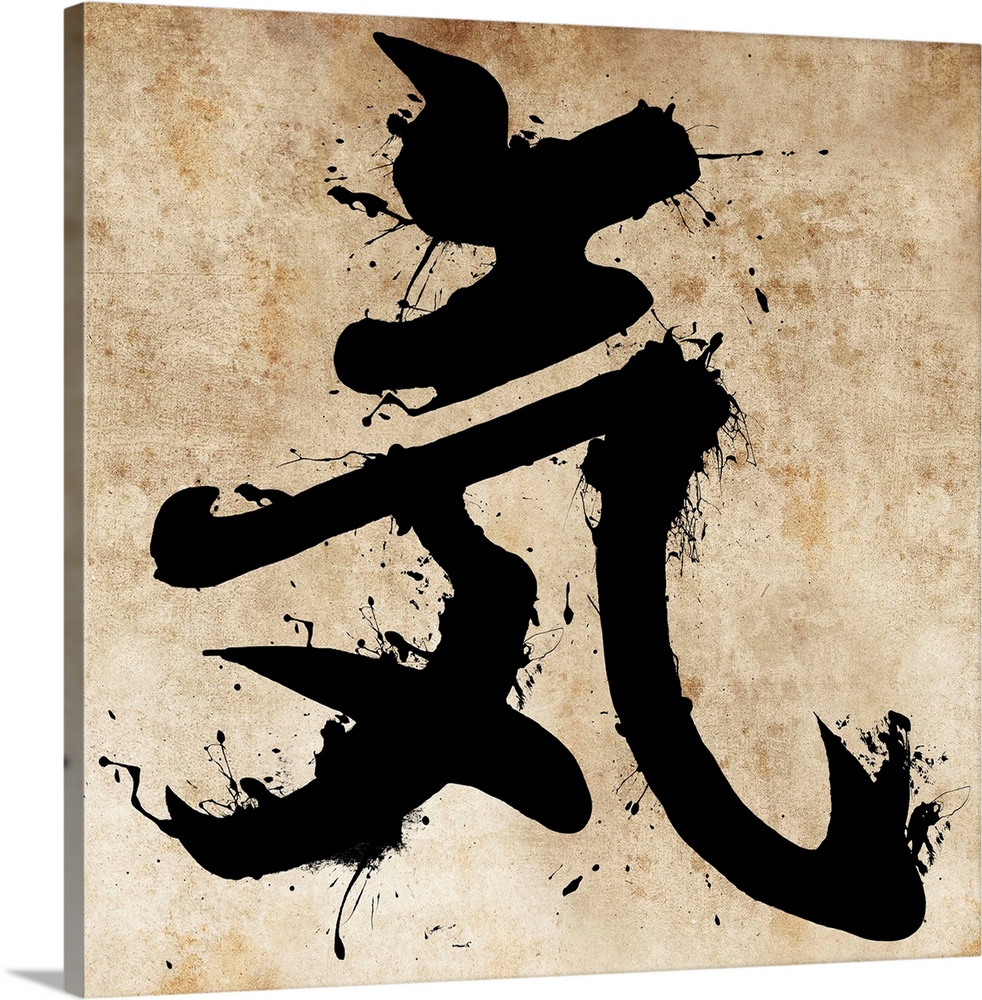
Spirit Japanese Kanji Wall Art, Canvas Prints, Framed Prints, Wall Peels Great Big Canvas
Japanese words for spirit include 精神, 魂, 精霊, 元気, 気, 真髄, 霊魂, 気迫, 根性 and 気質. Find more Japanese words at wordhippo.com!
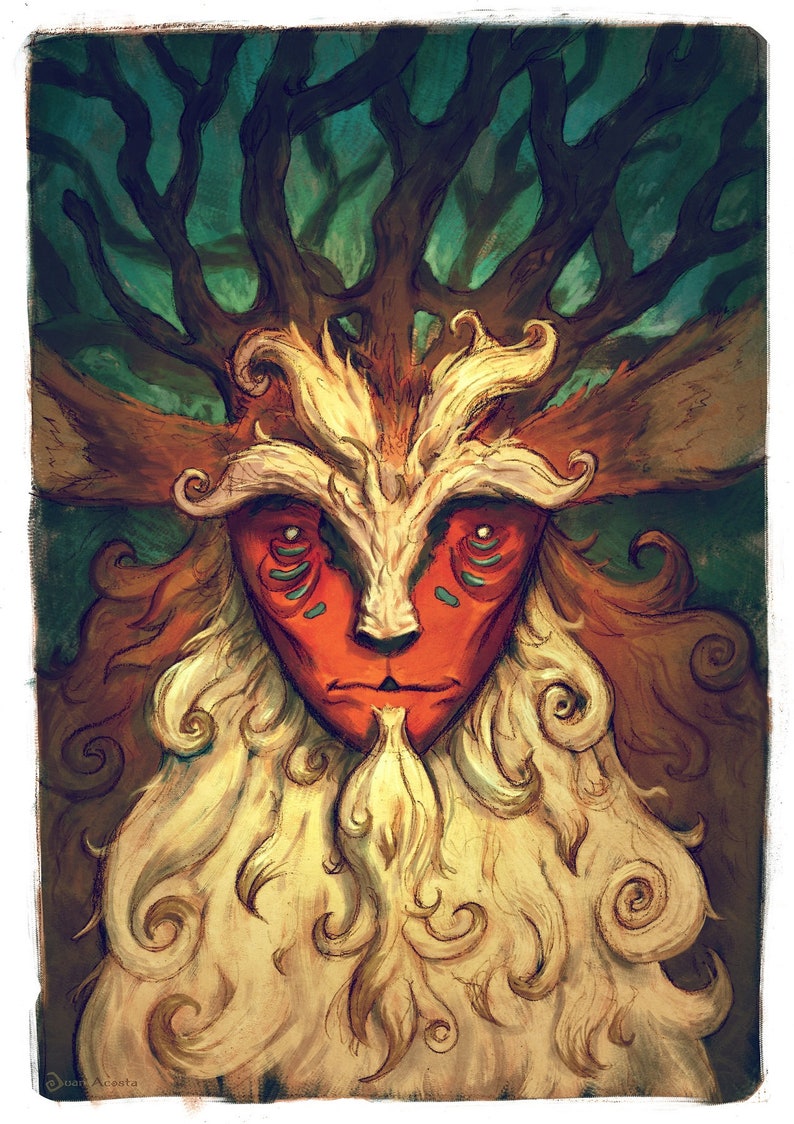
Forest Spirit Mononoke hime fanart Print A3 Etsy
The old tree's never-say-die spirit was underscored when the second-oldest tree in the Institute for Nature Study forest, a Japanese black pine known as the Ancient Pine, was toppled by a typhoon in October 2019.. Shinrin-yoku: The Japanese way of forest bathing for health and relaxation. London: Hachette, 10-24. 15 Hoffman, M.
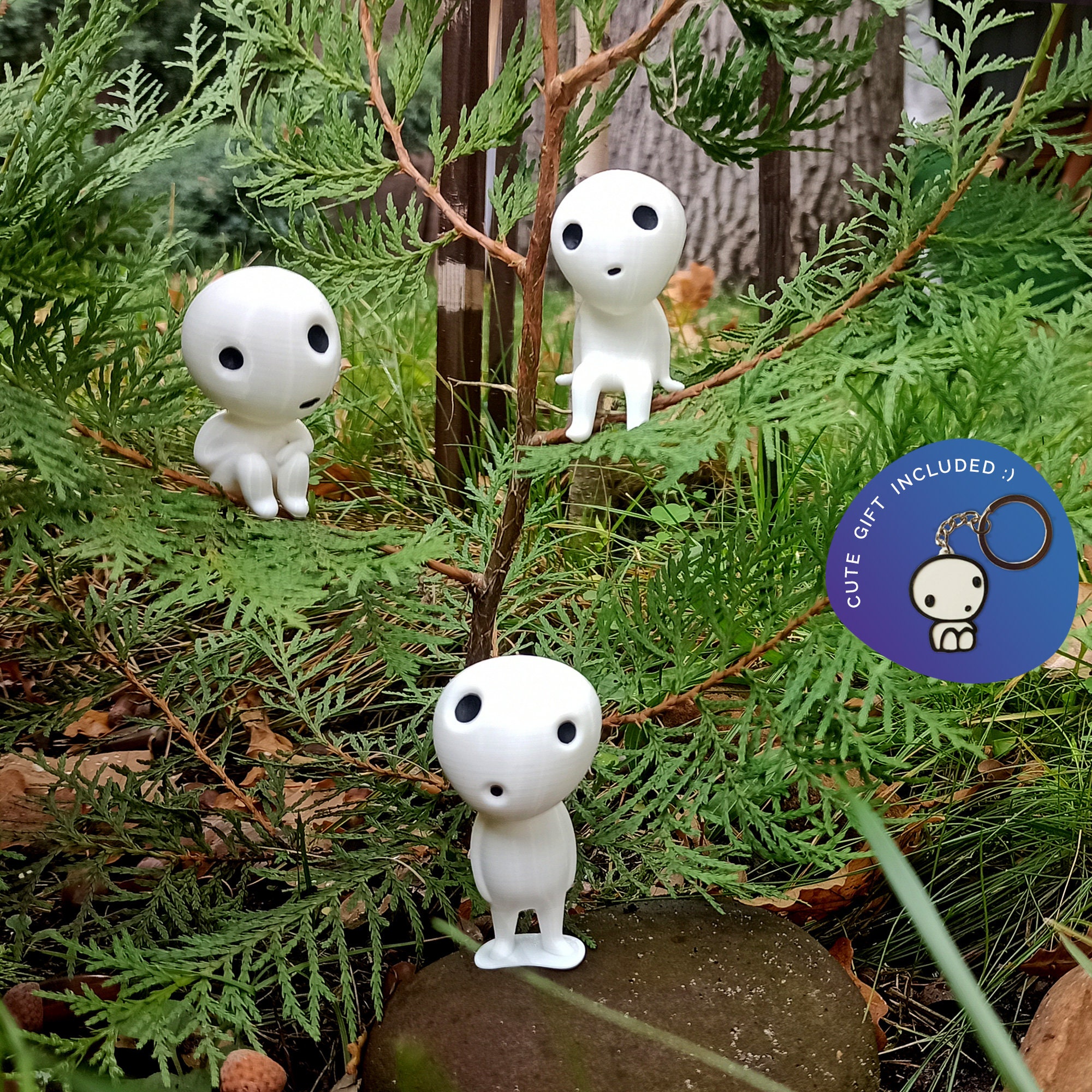
Set of 3 Tree Spirits Kodama Japanese Folklore Forest Etsy
In Japanese folklore, kodama are tree spirits that inhabit trees that are older than 100 years. In the collection of yōkai depictions, the Gazu Hyakki Yagyō by Toriyama Sekien, under the title 木魅 ("kodama"), an aged man and woman are depicted standing alongside the trees, and here it is stated that when a tree has passed a hundred years of age, a divine spirit would come dwell inside it.

Forest Spirit by Hideyoshi on DeviantArt
The first one is 古多万 一 broken down into ko or " old "; da or " many "; and ma or " 10,000 ". This Kanji, however, was ambiguous and did not truly express the identity of Kodama. So, in later years, 木魂 emerged 一 translating to ko or " tree ", and dama or " soul ". Nowadays, though, a more accurate term for.

Forest Spirit by verauko on DeviantArt
The Tanuki is known as a raccoon dog, and it is described as a forest spirit with a mischievous but friendly nature. It is known to play tricks on humans, and it can even transform into humans as well! If you come across a tanuki, it is considered a good omen, and you will come across luck and prosperity shortly after. 8. Kitsune

Forest spirits Forest spirit, Canvas prints, Japan culture
The History of Kodama. The first known mention of tree spirits is in Japan's oldest known book, the Kojiki (Record of Thing's Past) that talks about the tree god Wakunochi-no-kami, second born of the godling brood of Izanagi and Izanami. The oldest, specific known use of the term kodama comes from the Heian period, in the book Wamuryorui.
Japanese Folklore Tree Spirit Kodama Spirits Forest Princess Mononoke Posters and Art Prints
Inugami Gyōbu. The name of a bake-danuki from Matsuyama in Iyo Province. Isonade. A giant shark-like sea monster with a barb-covered tail, sighted off the coast of Western Japan. Issie. A lake creature similar to the Loch Ness Monster, found in Lake Ikeda on Kyūshū. Itsumade.
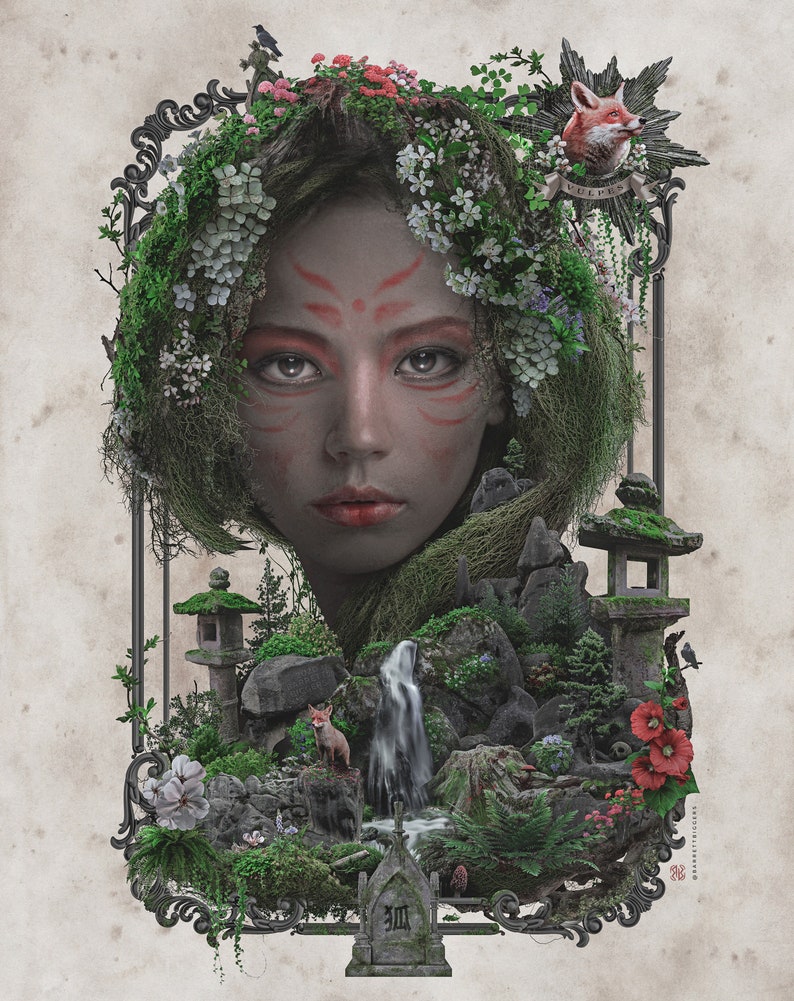
Fox Forest Spirit Japanese Kitsune Surrealism Nature Etsy
A "Kodama" (木魅 ), public domain. Known as tree spirits, the kodama yokai are best described as the animated souls of the most ancient trees in Japanese forests. Each individual kodama is connected to its tree and usually lives in it but can also travel around the forest. The kodama reside in the deepest nooks of the oldest forests and.

24 Beautiful and Untranslatable Japanese Words Japanese words, Beautiful japanese words
Yamato-damashii translates to Japanese spirit or Japanese soul, and it refers to the values such as bravery, loyalty, honour, and self-sacrifice, often associated with the samurai warrior class. The term reflects a sense of collective identity and national pride, capturing the essence of what it means to be Japanese. Ichi-go ichi-e (一期一会)
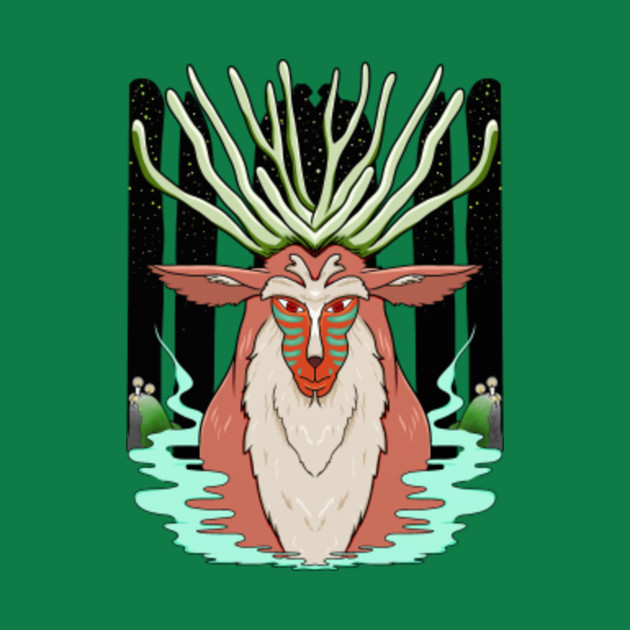
Forest Spirit God Mononoke Hime TShirt TeePublic
In Japan, where the spoken language predates the written one, three different kanji characters have evolved over time to write the word "kodama," dating back to ancient times. The oldest, 古多万, is highly ambiguous. The word breaks down into 古 ("ko," meaning old), 多 ("da," meaning many), and 万 ("ma," meaning ten thousand).

Forest spirit by on deviantART Anime Chibi, Kawaii Anime, Manga Anime
The kanji for forest or jungle in Japanese is 森 (mori). This character is essentially a visual representation of a forest. The Kunyomi or the Japanese pronunciation of the Kanji 森 is mori (もり), and the Onyomi (Chinese) pronunciation is shin (シン). Forest's Kanji is constructed with 12 strokes. It is a part of the JLPT N2 syllabus.

Ethnographic Collectables Yokai Ghost Spirits Vol 02 Poltergeists Tattoo Gun Ink sm Japanese Art
4. Inari. Inari is the goddess of everything important in Japan including rice, tea, fertility, sake and worldly success. She uses foxes as her earthly messengers. As a result, foxes get a lot of respect in Japan. Many Japanese shrines have a small shrine off to the side dedicated to foxes.

Traditional Japanese Music Forest Spirits Japanese Koto & Shakuhachi YouTube
Yōkai. Yōkai are supernatural beings closely associated with Japanese folklore and legends, and they are also thought to impact people's lives in both positive and negative ways. The word yōkai means "mysterious apparitions," and can encompass demons, monsters, shape-shifting animals and trickster spirits. In many folk tales and.
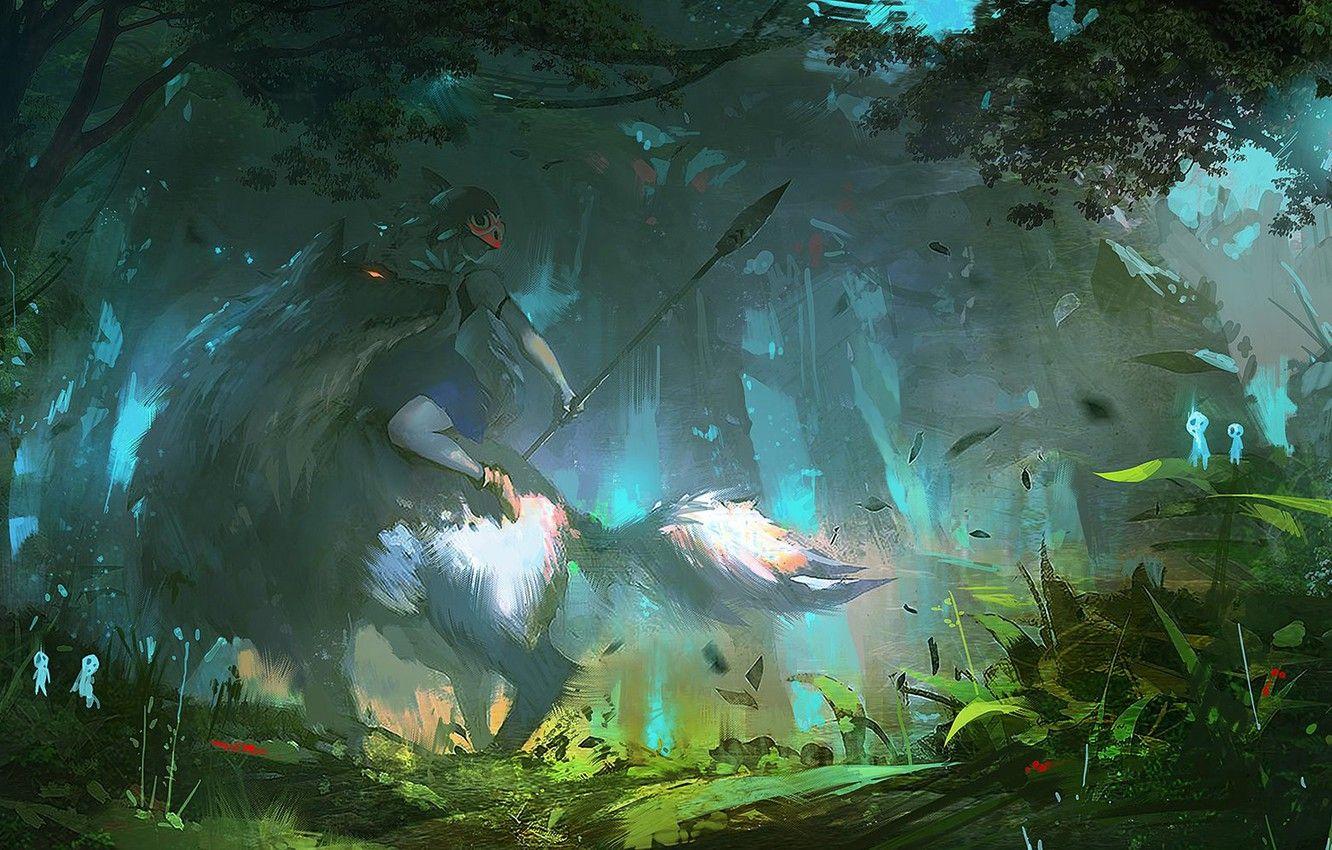
Forest Spirit Wallpapers Top Free Forest Spirit Backgrounds WallpaperAccess
Kitsune is the Japanese word for fox, but it's also the name of a wily trickster yokai notorious for shape-shifting, divining, mesmerizing humans and conjuring mystic fires (kitsunebi).There are numerous folk tales and kabuki plays on the theme of kitsune assuming the forms of beautiful women to enchant unwitting men. Needless to say, these stories don't end well, but kitsune sometimes form.
- Intercontinental Foshan Foshan Guangdong China
- Which Of The Following Are Considered Invasive Medical Devices
- Winnie The Pooh Blood And Honey Parents Guide
- Vinland Saga Season 1 Ending Explained
- Adl Cargo Services Pty Ltd
- Captain S Table Fish And Chips
- Sri Lankan Airlines Check In Online
- Meet The One Coffs Harbour
- What Is A Primary Production
- Cinema Paradiso Full Movie English